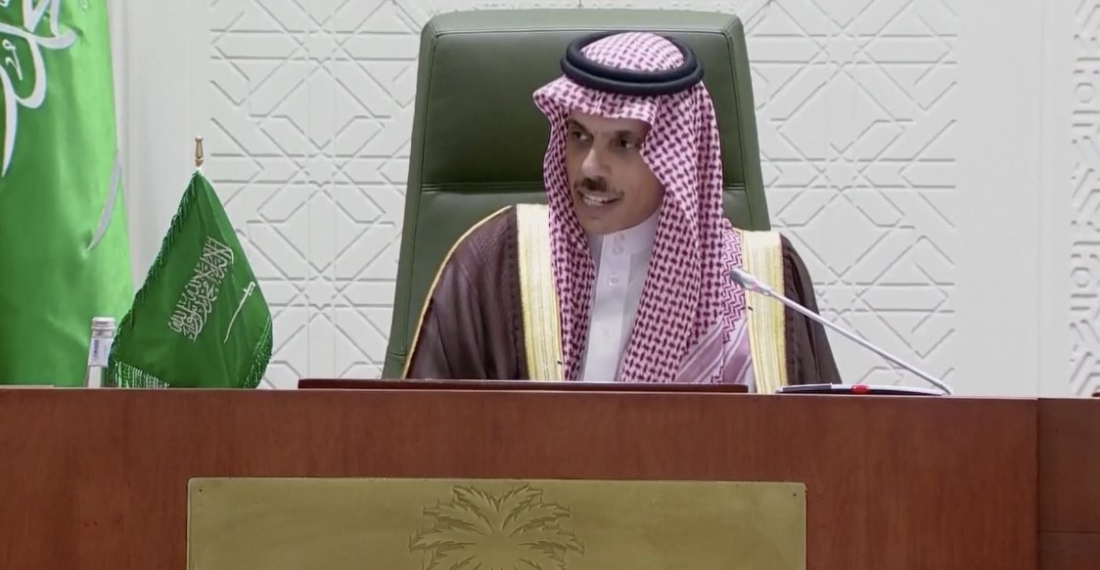In line with the regional and international efforts to bring peace to Yemen, Saudi Arabia’ foreign minister, Faisal bin Farhan Al-Saud, announced yesterday an initiative to end the war in Yemen. The initiative comes at a tense time for the Saudis as the Houthis upscale their attacks on vital energy and logistics infrastructure in the Kingdom. In Yemen itself, no side is winning in the multiple front lines across Yemen, and the ramifications on the populations could not be worse.
According to the Saudi Press Agency (SPA), the initiative proposes the following: ‘A comprehensive ceasefire across the country under the supervision of the United Nations, depositing taxes and custom revenues for ships carrying oil derivatives to the port of Hodeidah in the joint account of the Central Bank of Yemen in Hodeidah, in accordance with the Stockholm Agreement on Hodeidah, and reopening of Sanaa International Airport to a number of destinations.’
The initiative also adheres to the UN Security Council Resolution 2216, the Gulf initiative and its implementation mechanism, and the outcomes of the Yemeni national dialogue, as references for the peace process.
The initiative received wide attention in local, regional and international media. The European Union spokesperson welcomed the announcement and viewed it as a positive step in the process towards peace.
The Yemeni government welcomed the initiative while the Houthis said it offers nothing new and that the Saudi war and blockade on Yemen should end on an unconditional basis.
Saudi Arabia said it will suspend military operations from Wednesday night for two weeks.







